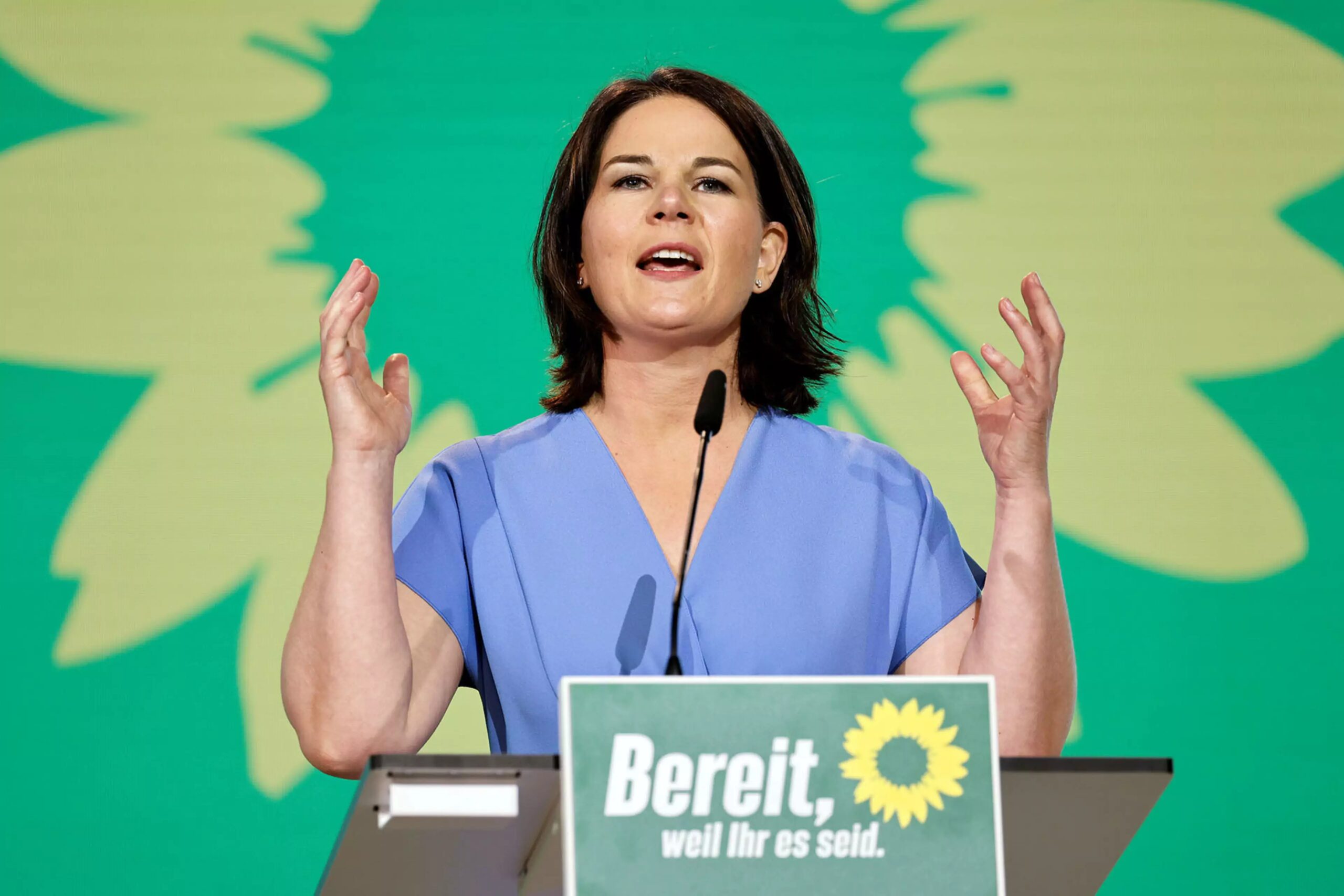The COVID-19 pandemic has reshaped global politics in numerous ways, some of which include a rise in nationalism, erosion of trust in international institutions, transformation of global supply chains, and a shift towards digitalization and big government. Populist leaders have used the pandemic to justify their policies and increase their power, while countries are prioritizing public health measures and investing in healthcare infrastructure. The pandemic has also led to a re-evaluation of globalization, with many countries pushing towards protectionist policies. However, despite these changes, there has been a push for global cooperation during the pandemic, which could lead to a greater emphasis on international cooperation in the future.
10 Ways COVID-19 is Reshaping Global Politics
1. The Rise of Nationalism
The COVID-19 pandemic has created a rise of nationalism across the globe. Countries are implementing travel restrictions, shutting down borders, and prioritizing their own citizens first. This shift towards nationalism has led to tensions between countries and a lack of international cooperation in handling the pandemic.
2. The Erosion of Trust in International Institutions
The response of international institutions to the COVID-19 pandemic has been criticized by many. The World Health Organization (WHO) has been particularly targeted, with accusations of mishandling and favoring China. This has led to a mistrust in the information provided by international organizations and an erosion of their credibility.
3. The Transformation of Global Supply Chains
The pandemic has exposed the fragility of global supply chains, especially in the medical and pharmaceutical industries. Countries are now looking to diversify their supply chains and even bring some production back home to ensure that they are not dependent on other countries for essential goods.
4. The Rise of Populism
Populist leaders have used the pandemic to justify their policies and increase their power. Leaders like Jair Bolsonaro in Brazil and Donald Trump in the United States have downplayed the severity of the pandemic and criticized the measures taken to contain it. This has created a divide between populists and those who believe in a more science-based approach.
5. The Shift Towards Digitalization
The pandemic has accelerated the shift towards digitalization in many areas of life. Remote work, online education, and telemedicine have all become more commonplace during the pandemic. This shift towards digitalization is likely to continue even after the pandemic ends.
6. The Re-Evaluation of Globalization
The pandemic has highlighted the downside of globalization, with the rapid spread of the virus across borders. This has led to a re-evaluation of globalization and a push towards more protectionist policies. This could have negative consequences for developing countries that rely on international trade.
7. The Emphasis on Health and Safety
The pandemic has put health and safety at the forefront of global politics. Governments are prioritizing public health measures and investing in healthcare infrastructure. This could lead to a greater focus on global health issues in the future, as well as a greater emphasis on preventative measures.
8. The Resurgence of Big Government
The pandemic has led to a resurgence of big government, with governments taking an active role in providing financial assistance and implementing public health measures. This could lead to a shift towards more government involvement in areas like healthcare and infrastructure in the future.
9. The Impact on Elections
The pandemic is likely to have a significant impact on elections around the world. Fear of the virus could lead to lower turnout, while governments may use the pandemic as a justification for postponing elections or implementing emergency powers.
10. The Push for Global Cooperation
Despite the rise of nationalism and mistrust in international institutions, there has been a push for global cooperation during the pandemic. Countries have shared information and resources to combat the virus, and there have been calls for a global response to future pandemics. This could lead to a greater emphasis on international cooperation in the future.
Conclusion
The COVID-19 pandemic has had a significant impact on global politics. It has led to a rise of nationalism, erosion of trust in international institutions, and a shift towards digitalization and big government. However, it has also highlighted the importance of health and safety and the need for global cooperation. The long-term effects of the pandemic on global politics are yet to be seen, but it is clear that it will continue to shape the political landscape for years to come.
